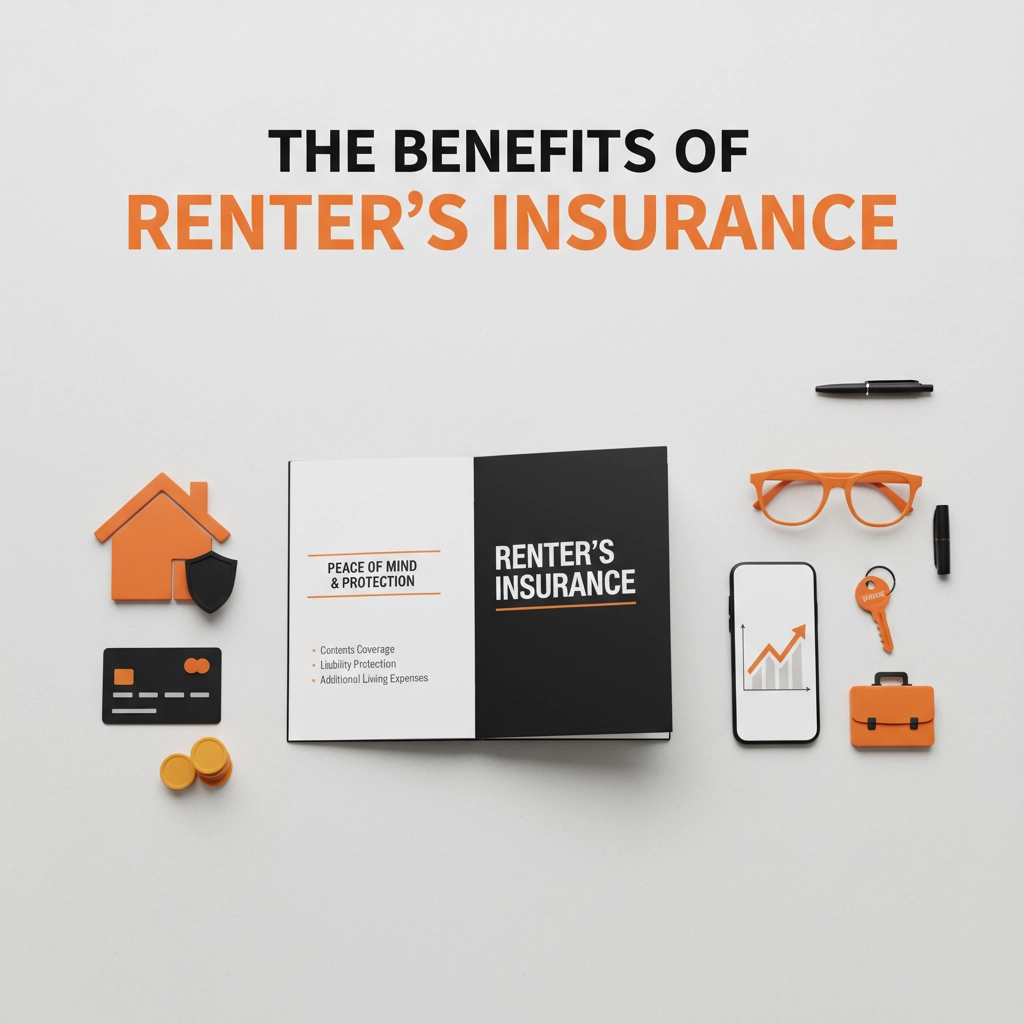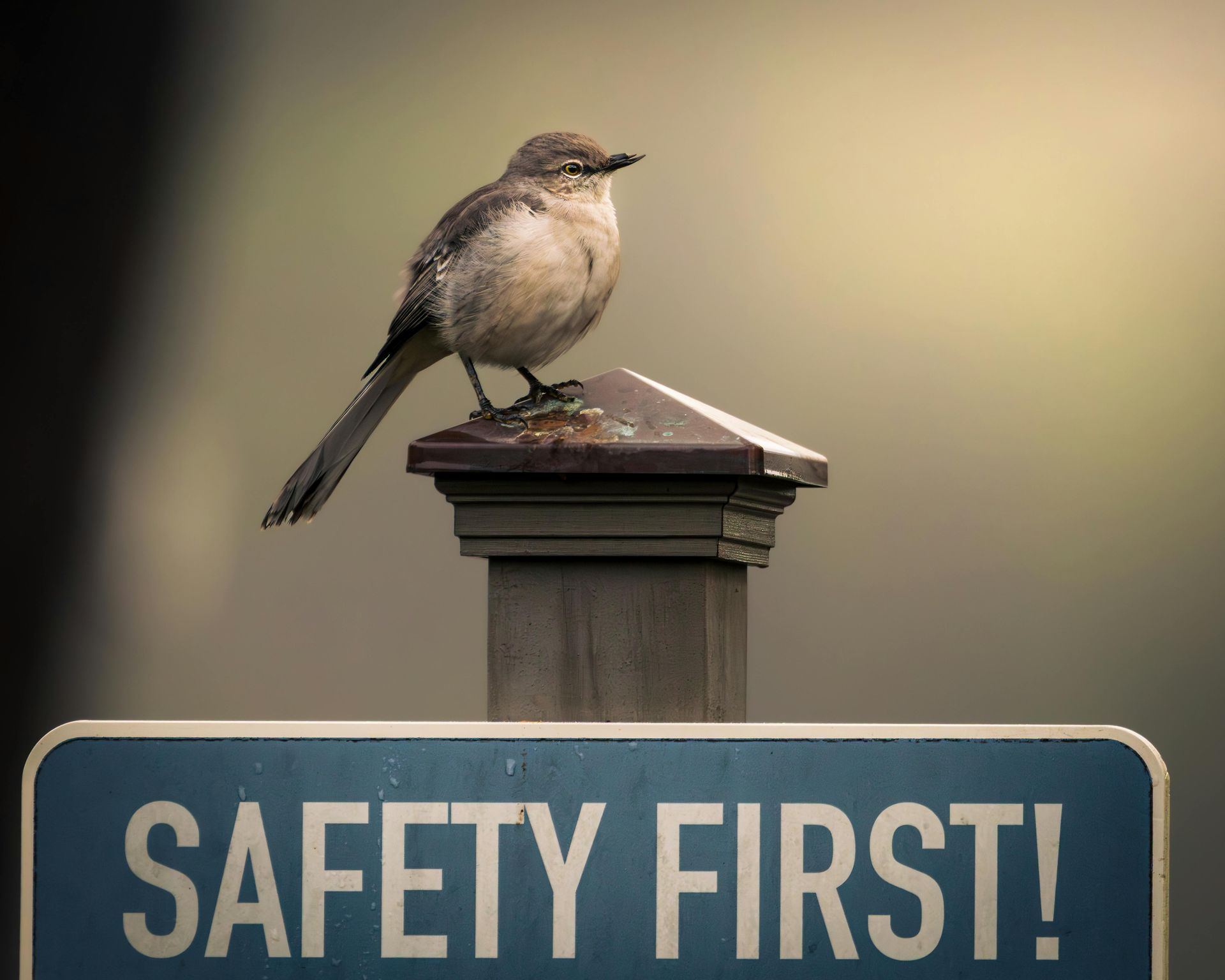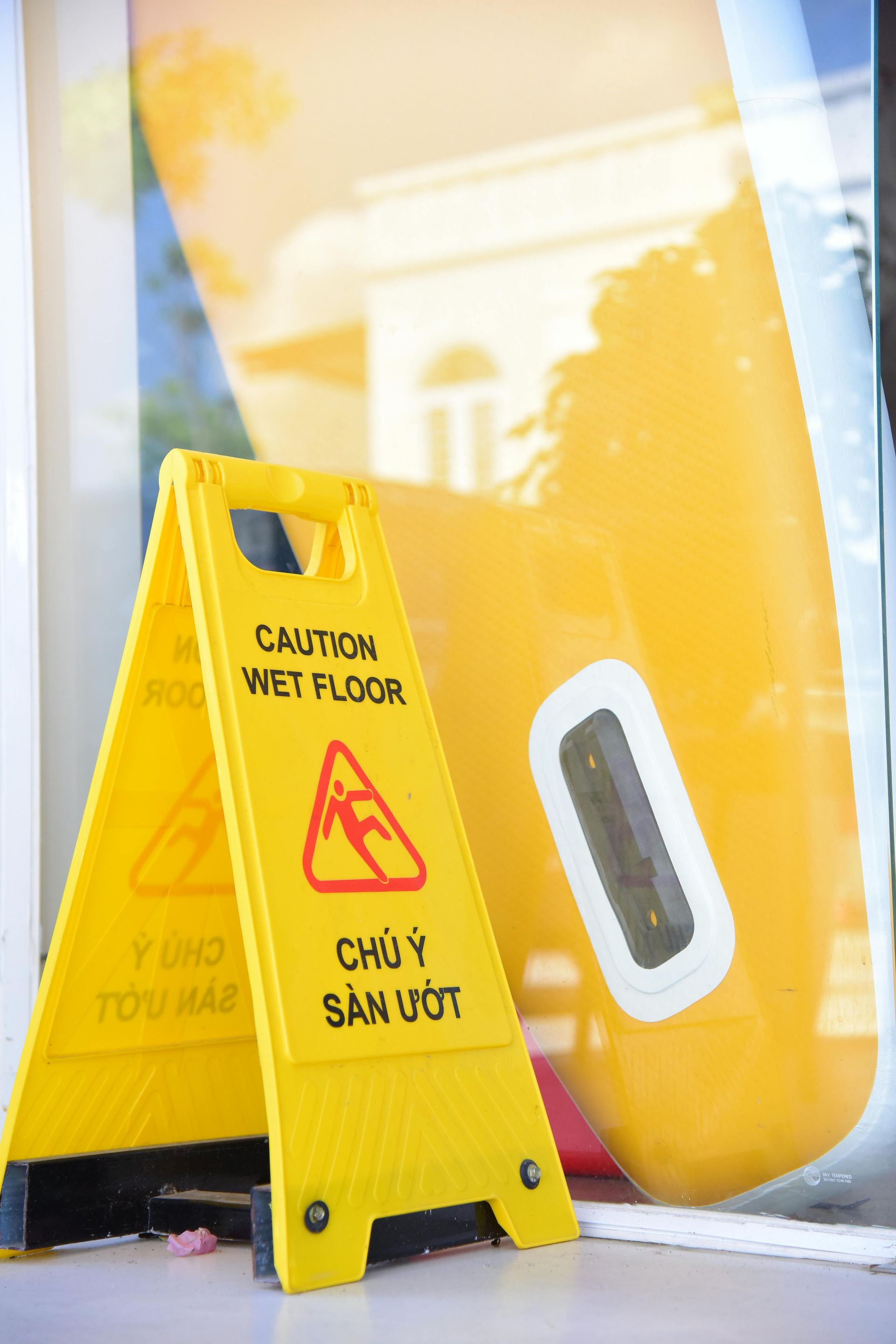Adams & Associates - Learn with Us
The Benefits of Renter's Insurance

Picture this: Your tenant's apartment floods from a burst pipe upstairs. Their laptop, furniture, and clothes are ruined. Without renters insurance, guess who they might look to for compensation? You, the property owner.
Renters insurance isn't just good for tenants, it's smart business for landlords and property owners. Let's break down why this affordable coverage protects everyone involved.
What Exactly Is Renters Insurance?
Renters insurance covers a tenant's personal belongings and provides liability protection. It's separate from your property insurance, which covers the building structure. Think of it as the tenant's safety net for their stuff and their mistakes.
Most policies cost between $15-30 per month. That's less than a dinner out, but it covers thousands of dollars in potential losses.

The Big Benefits for Tenants
Personal Property Protection When disaster strikes, renters insurance replaces stolen or damaged belongings. This includes:
- Electronics and computers
- Clothing and shoes
- Furniture and appliances
- Jewelry and collectibles
- Sports equipment
A typical renter owns $20,000-40,000 worth of stuff. Without insurance, replacing everything after a fire or theft comes straight from their pocket.
Liability Coverage If someone gets hurt in their rental unit, renters insurance covers medical bills and legal costs. No tenant wants to face a lawsuit because their friend slipped in the bathroom.
Additional Living Expenses When the rental becomes unlivable due to covered damage, renters insurance pays for temporary housing, meals, and other costs. This keeps tenants from financial hardship during repairs.
Why Smart Landlords Require Renters Insurance
Here's where it gets interesting for property owners. Requiring renters insurance protects your investment and reduces headaches.
Reduces Liability Claims Against You Without renters insurance, tenants often look to landlords for compensation when their belongings get damaged. Even if you're not legally responsible, dealing with upset tenants and potential lawsuits costs time and money.
Better Quality Tenants Tenants who understand the value of insurance tend to be more responsible overall. They're thinking ahead and protecting their interests, good signs for a landlord.
Faster Recovery After Incidents When tenants have coverage for temporary housing, they don't pressure you to find them alternate accommodations immediately. This gives you time to properly repair damage without cutting corners.

Common Myths That Trip People Up
"The Landlord's Insurance Covers My Stuff" Nope. Your property insurance covers the building structure, not tenant belongings. Many tenants discover this the hard way after a loss.
"I Don't Have Anything Valuable" Add it up. Clothes, electronics, furniture, kitchen items, it adds up fast. Even basic replacement costs surprise people.
"It's Too Expensive" At $15-30 monthly, renters insurance costs less than most streaming services. The peace of mind is worth every penny.
"I'll Just Be Careful" Accidents happen. Pipes burst. Fires start in other units. Burglars don't ask permission. Being careful doesn't control everything.
Real Examples from Hawaii
The Honolulu Hurricane Last year, high winds damaged several rental properties in Honolulu. Tenants with renters insurance received quick payouts for damaged belongings and temporary housing costs. Those without insurance? They struggled financially for months while saving to replace everything.
The Maui Break-In Thieves targeted a rental complex in Maui, stealing electronics and jewelry from multiple units. Tenants with renters insurance filed claims and received replacement funds within weeks. Others had to slowly rebuild their belongings or go without.

Special Considerations for Hawaii Properties
Hurricane and Wind Coverage Hawaii properties face unique weather risks. Standard renters policies cover wind damage, but tenants should understand their coverage limits during hurricane season.
Earthquake Protection Hawaii sits in an earthquake zone. Basic renters insurance doesn't cover earthquake damage, tenants need separate earthquake coverage.
High-Value Areas Replacement costs vary significantly between Honolulu and rural areas. Tenants should adjust coverage amounts based on their location and local replacement costs.
Vacation Rental Properties If you rent to short-term vacation guests, standard renters insurance might not apply. Discuss coverage needs with guests and consider requiring proof of travel insurance.
How to Require Renters Insurance (The Right Way)
Include It in Your Lease Add a clause requiring renters insurance with minimum coverage amounts. Typically, $20,000-50,000 in personal property coverage and $100,000-300,000 in liability coverage works well.
Request Proof of Coverage Ask for a certificate of insurance before move-in. Set up annual renewal reminders so coverage doesn't lapse.
Make Yourself an Additional Interest Request to be named as an additional interest (not additional insured) on the policy. This means you'll be notified if coverage is cancelled.
Provide Educational Resources Help tenants understand why renters insurance matters. Many have never had it before and need guidance choosing appropriate coverage.

Questions Tenants Always Ask
Q: What if I already have some coverage through my parents? A: Check the policy details. Some parents' homeowners insurance extends limited coverage to college-age children, but it's usually minimal and may not cover liability in rental situations.
Q: Does renters insurance cover my car? A: No, you need separate auto insurance. However, renters insurance might cover personal items stolen from your car.
Q: What about roommates? A: Each roommate should have their own policy. Sharing coverage creates complications when filing claims.
The Bottom Line for Property Owners
Requiring renters insurance isn't about squeezing extra money from tenants: it's about protecting everyone involved. When tenants have proper coverage, they handle their own losses instead of looking to you for help.
Smart landlords in Hawaii are making renters insurance mandatory. It reduces disputes, attracts responsible tenants, and provides peace of mind for everyone.
Ready to protect your rental properties? Contact Adams & Associates to discuss how renters insurance requirements can strengthen your rental business. We'll help you understand the legal requirements and best practices for your area.
Your tenants get protection. You get protection. Everyone wins.










